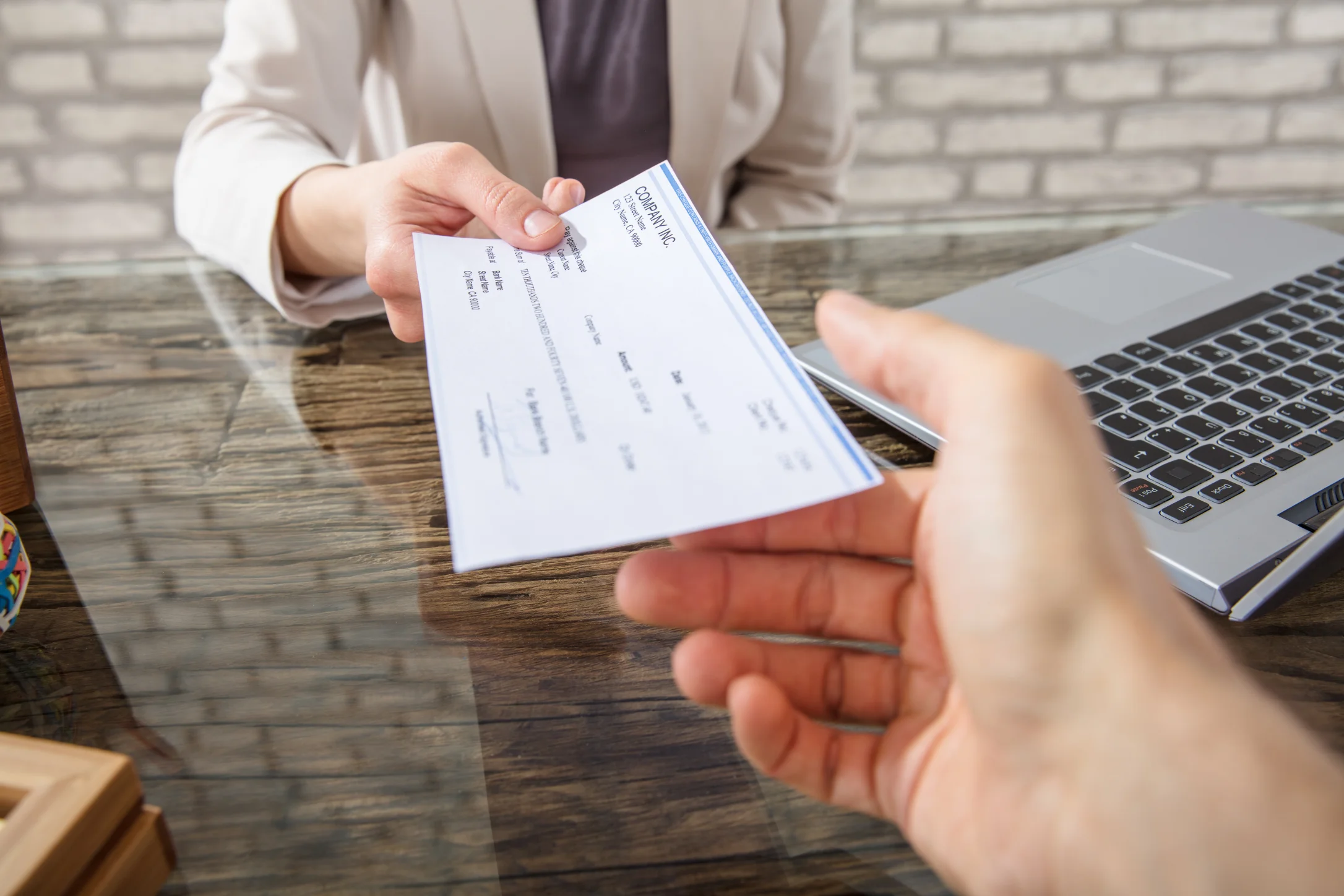In the digital age of online shopping and contactless payments, there’s no denying that the use of cheques as a payment method has been on the decline. However, while some may believe that cheques are a thing of the past, many Canadians still rely on them as a means of payment.
The question remains, do stores in Canada still accept cheques? In this blog post, we'll explore the current state of using cheques in Canadian stores. We'll also discuss the benefits of cheques and alternatives to consider if you're considering phasing out this payment method. So, if you're wondering whether you can still write a cheque for your next shopping spree, keep reading!
The Current State of Using Cheques in Canada
The use of cheques as a payment method has been declining in Canada in recent years simply because the use of electronic and mobile payments continues to increase. According to a report by Payments Canada, in 2020, Canadians wrote 347 million cheques. The report also shows that cheques account for approximately 7% of all non-cash payments in Canada. While those numbers may seem high, this is in fact a 20% decrease from the previous year.
Do Stores Still Accept Cheques?
Unfortunately, the answer to this question varies widely depending on the specific store and its policies. Some grocery stores and department stores still accept cheques, while others have discontinued this payment method. It’s worth noting that even if a store does accept cheques, they may have limitations or conditions associated with their use, such as requiring identification or only accepting cheques for certain types of purchases.
Another factor to consider is that while stores may still accept cheques, they may not be equipped to process them electronically. In some cases, the cheque may need to be manually processed, which can result in longer wait times and potential errors. As a result, some stores may prefer not to accept cheques or may charge a processing fee to offset the cost of manual processing.
Do Stores Verify Cheques? (And How Do They Do It?)
If a store is willing to accept a cheque as payment, then yes, you can assume they have a process in place to ensure proper verification and processing of the cheque. This typically involves checking various elements of the cheque, such as the payee's name, the amount, the signature, and the date, to ensure they are consistent and legitimate. Stores may also use specialized equipment or software to scan and verify the cheque's magnetic ink character recognition (MICR) line, which contains important information, including the bank routing and account numbers.
Additionally, stores may require identification from the person presenting the cheque to match the information on the cheque. These verification measures are in place to protect the store from accepting counterfeit or fraudulent cheques and to ensure that they are accepting valid forms of payment.
Should You Pay with a Cheque If You Don't Have the Money?
The answer to this question is no. It’s not advisable to pay with a cheque if you don't have the money to cover the transaction. Writing a cheque that bounces due to insufficient funds is not only embarrassing, but it can also lead to serious consequences such as fees, legal action, and damage to your credit score. If you don't have enough funds to cover a transaction, it is better to explore alternative payment methods or delay the purchase until you have enough money - simple as that.
Are There Benefits to Paying with a Cheque?
The percentage of people using cheques may have declined over the last few years, but there are still some potential benefits to using them.
Paying with a cheque can provide a level of security. When you write a cheque, it can only be cashed or deposited by the person named on the cheque or their authorized representative. This can provide a level of protection against fraudulent activity or unauthorized access to your funds. Some cheques also have security features like watermarks or holograms that can help prevent forgery or alteration.
Also, paying with a cheque can provide a level of convenience for some individuals. If you don't have a credit or debit card or prefer not to use electronic payment methods, writing a cheque can be a straightforward and simple way to make a payment.
Finally, for some people, writing a cheque can be a more personal or traditional way of making a payment. In some cases, such as for wedding gifts or other formal occasions, writing a cheque can be seen as a more thoughtful and personalized gesture.
Alternatives to Cheques
In today's digital age where electronic payment methods are becoming more prevalent, there are several alternatives to cheques for making payments, many of which can offer convenience, security, and cost savings compared to using cheques.
Use Online Platforms
One popular alternative to cheques is using online payment platforms such as PayPal or Interac e-Transfer. These platforms allow you to send and receive money electronically, making it easy to pay online or transfer funds to friends and family. They are typically fast, secure, and convenient, with transactions processed in real-time and notifications sent to both parties. These platforms also often have built-in fraud protection measures for an extra layer of security to your transactions.
Stick to Debit and Credit Cards
Simply put, credit cards allow you to make purchases on credit, which can be useful if you need to make a large purchase and pay it off over time. Debit cards, on the other hand, deduct the funds directly from your bank account, making it a convenient way to pay without carrying cash or writing a cheque.
Consider a Reputable Online Lender
There are various online lending platforms that offer quick and convenient loans, allowing you to borrow a specific amount of money and repay it in installments, which is a much better solution than dealing with potential overdraft and NSF fees if you pay with a cheque that may bounce, or pulls funds from your account without having enough to cover the cost.
For example, getting an instant loan with iCash can be a viable option. iCash offers quick and convenient online loans that can be processed within minutes, providing you with the funds you need to make your payment. You can borrow up to $1,500 and repay it in installments (conditions apply), making it a flexible option for managing unexpected expenses or covering short-term cash flow gaps.











